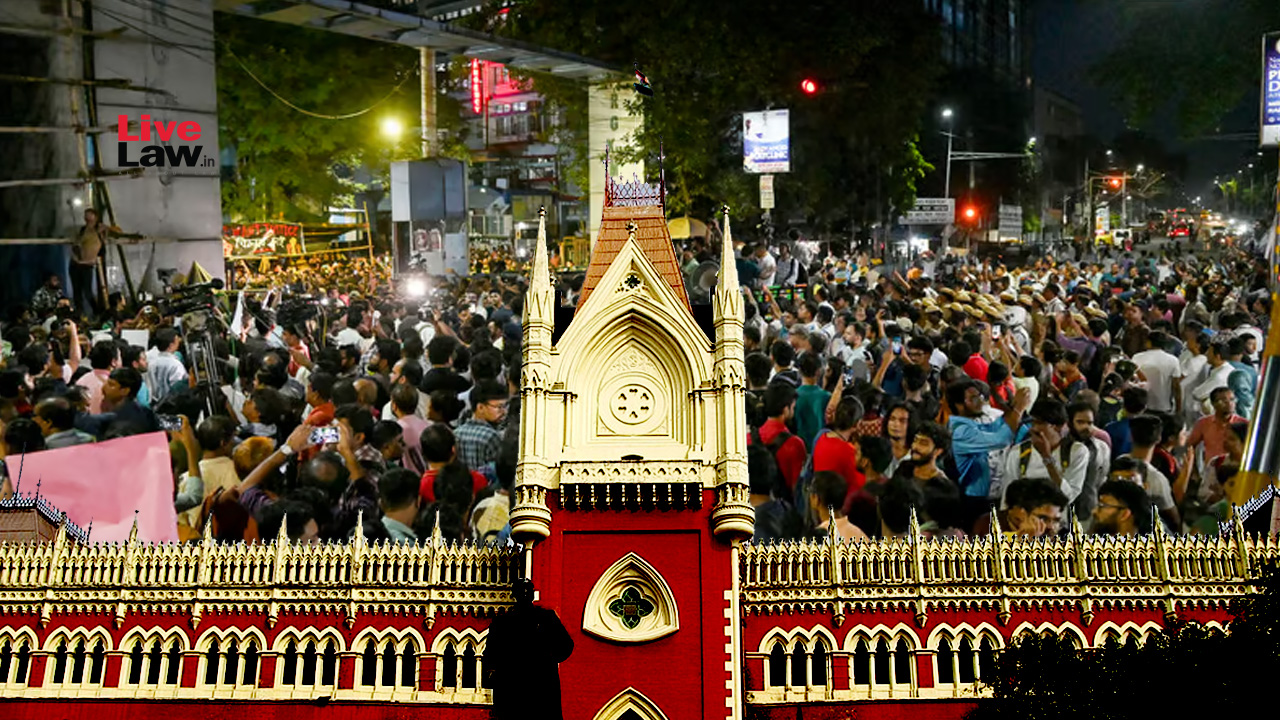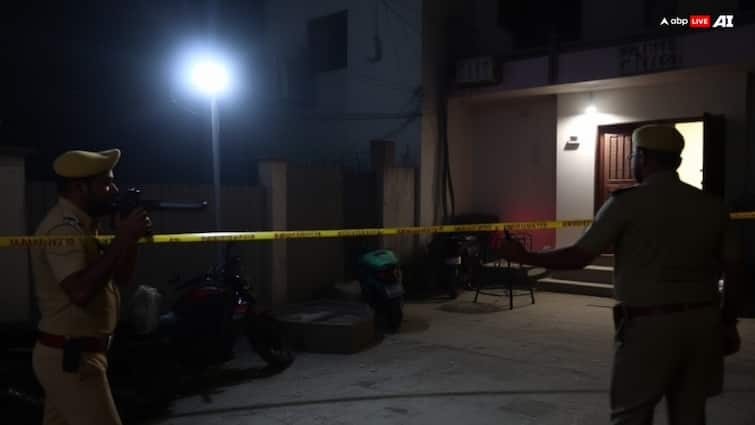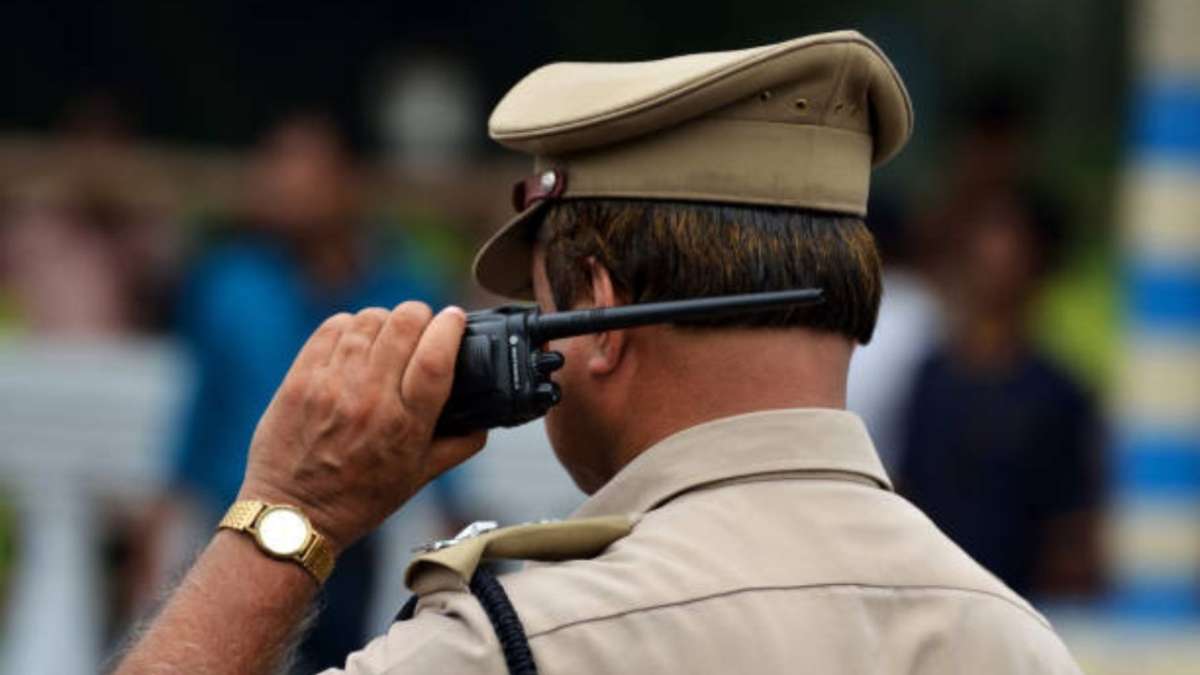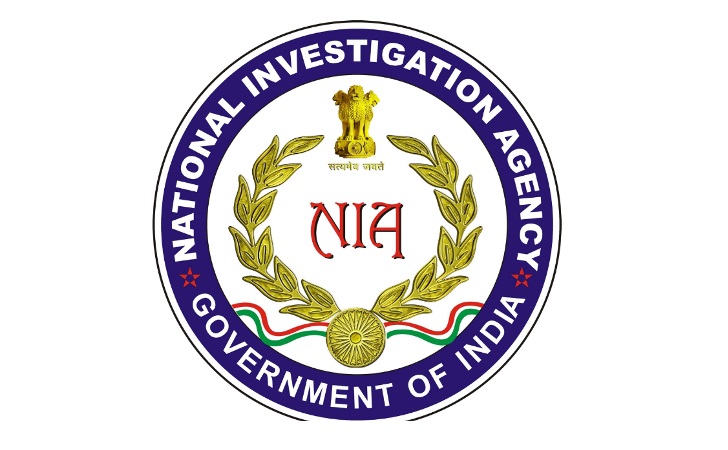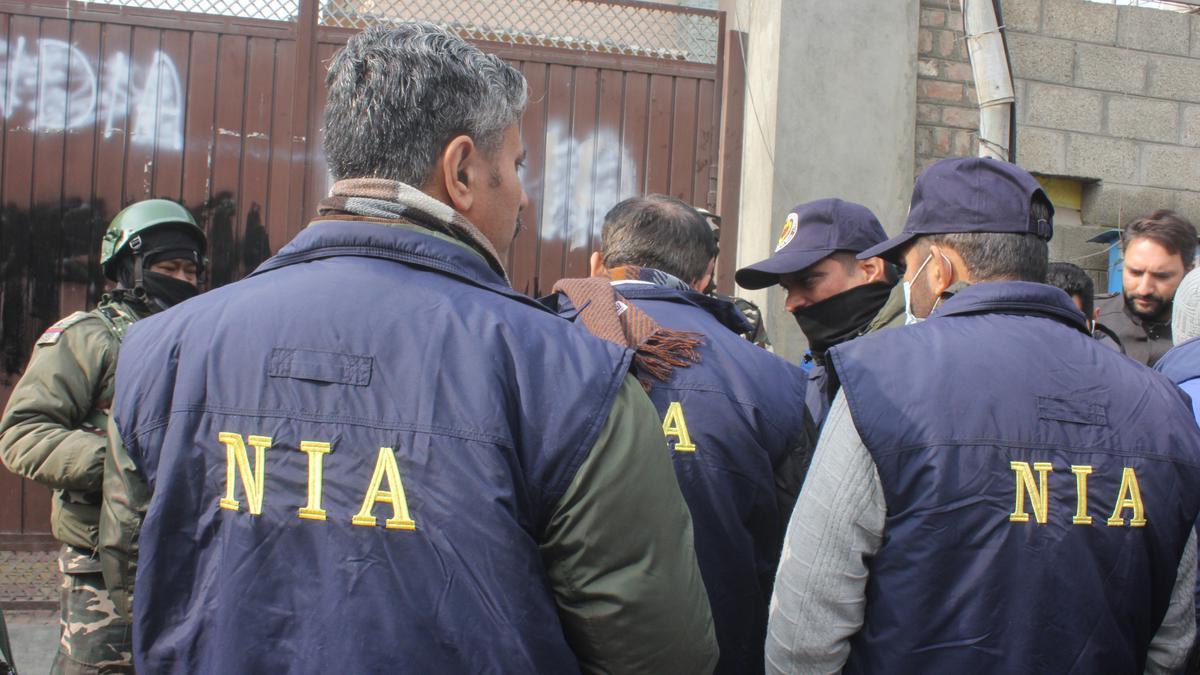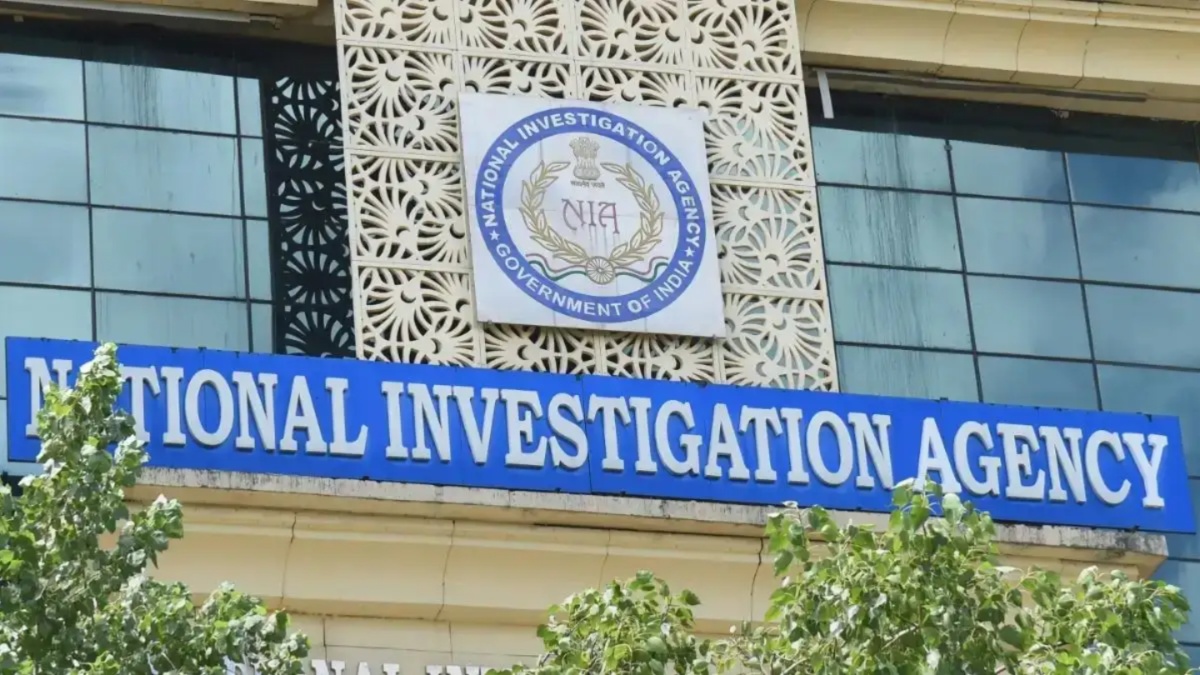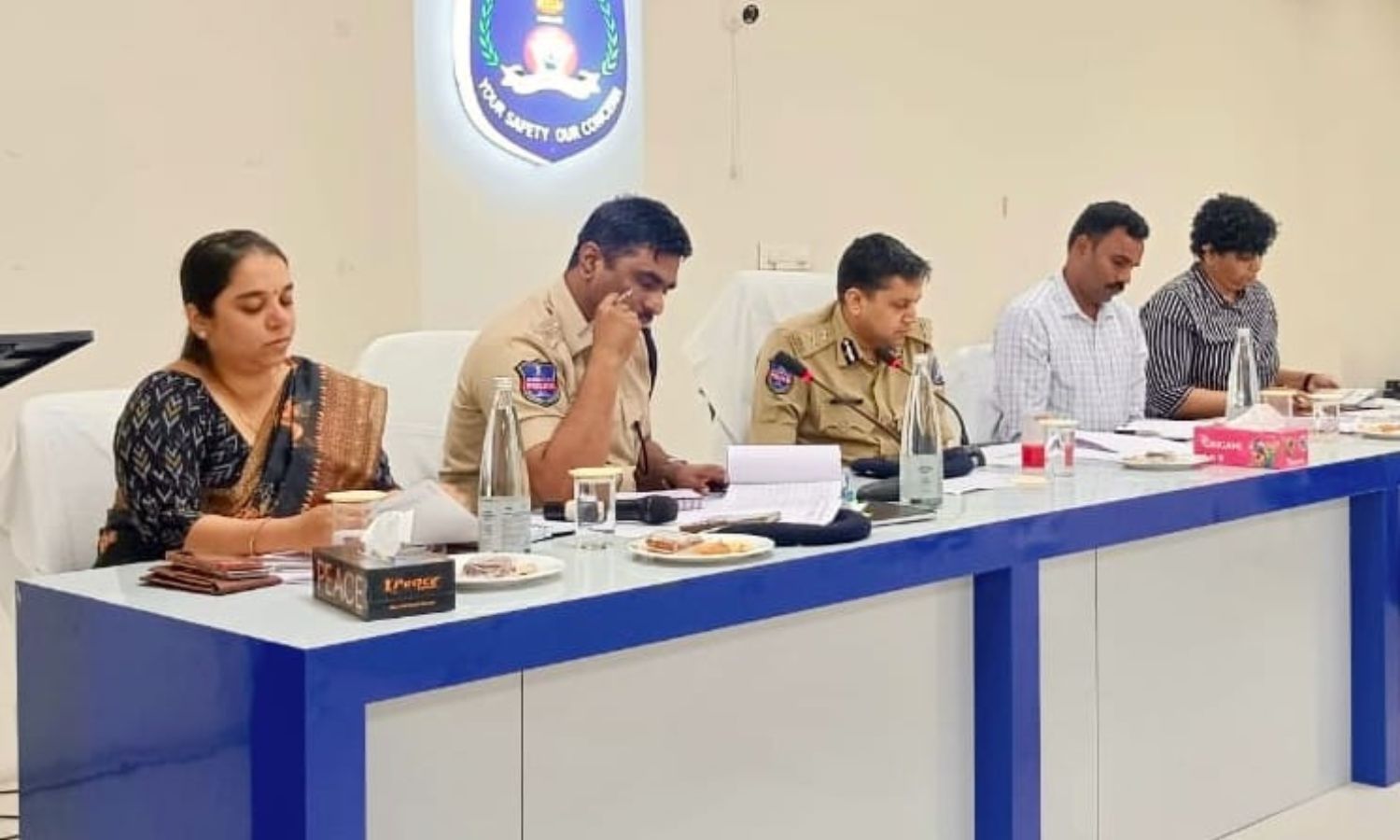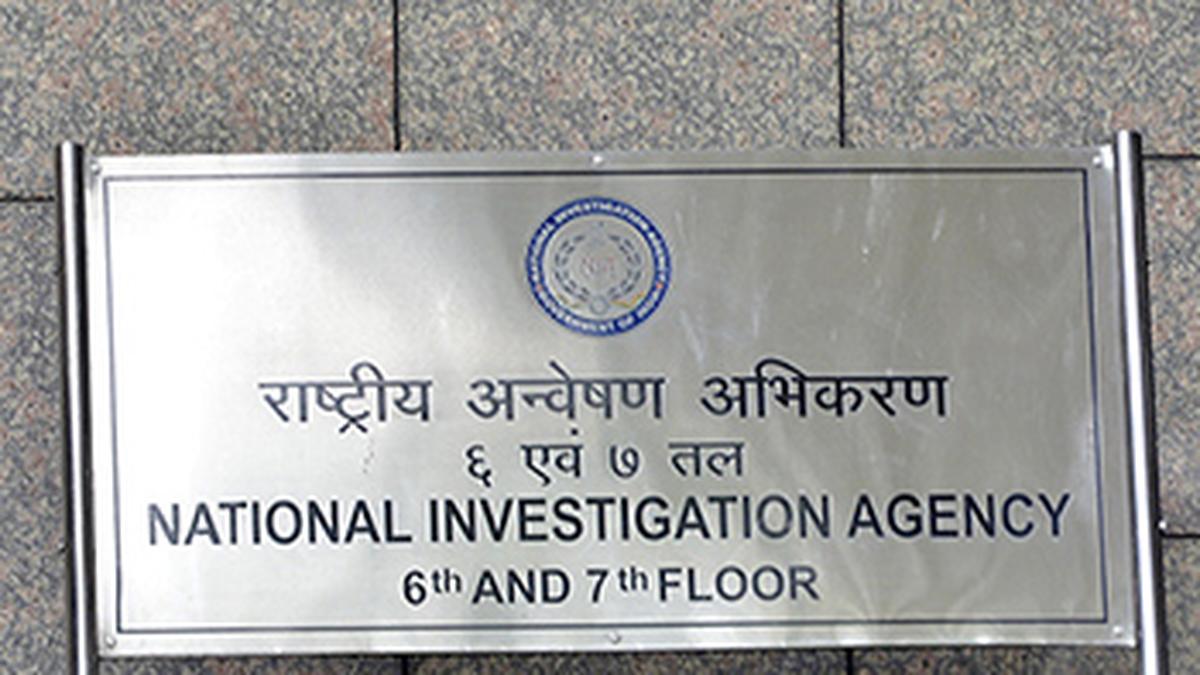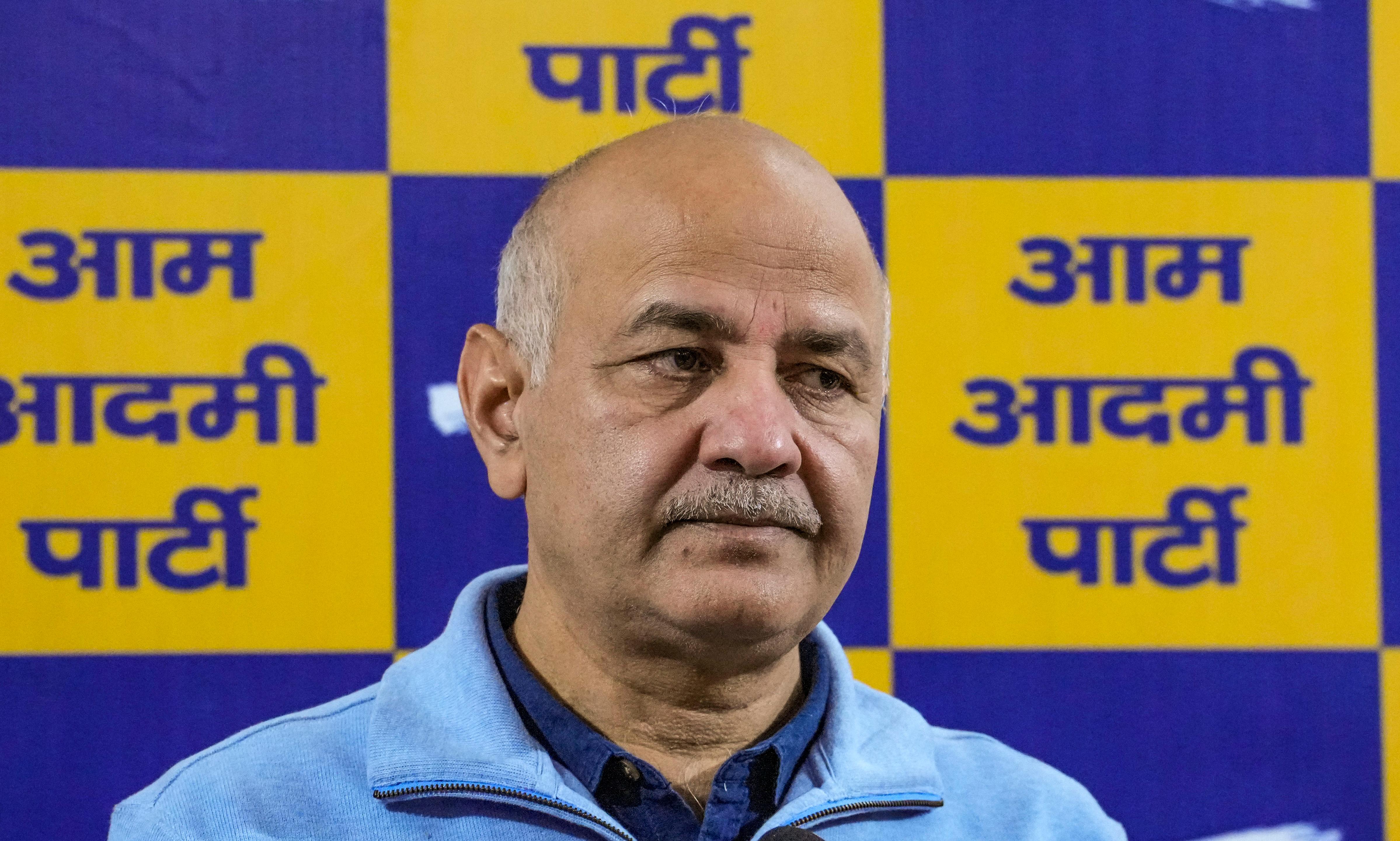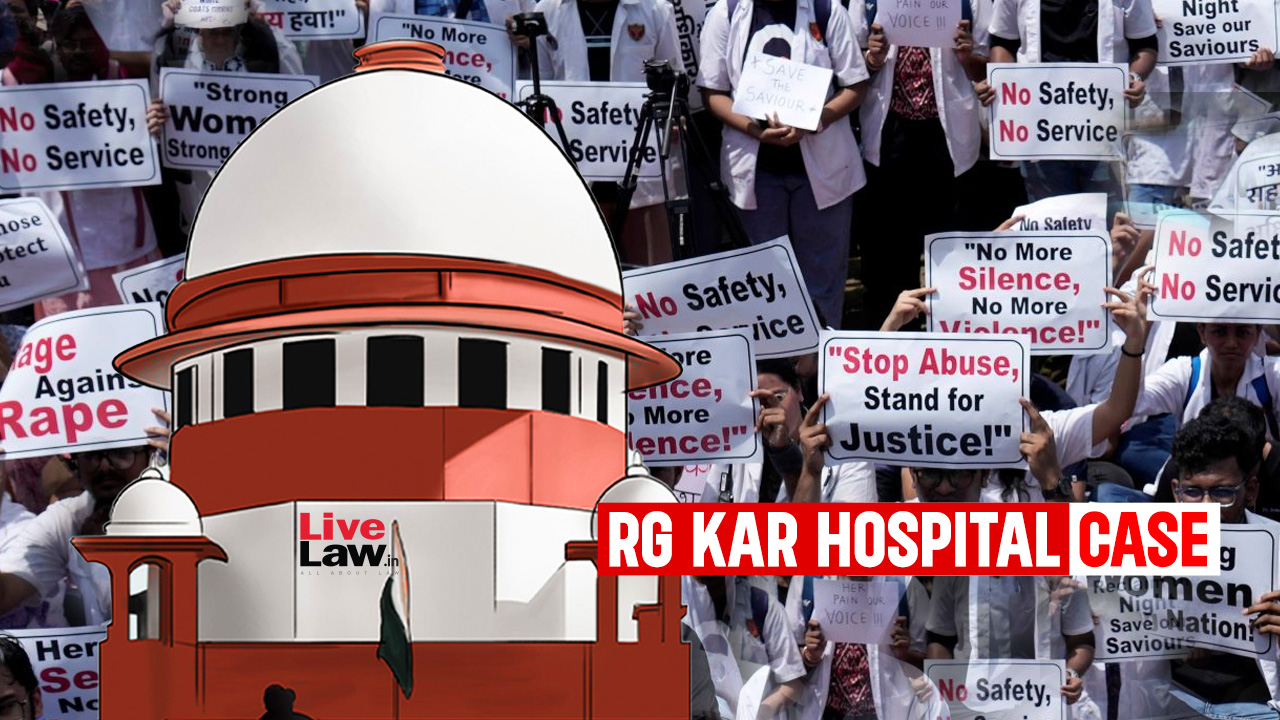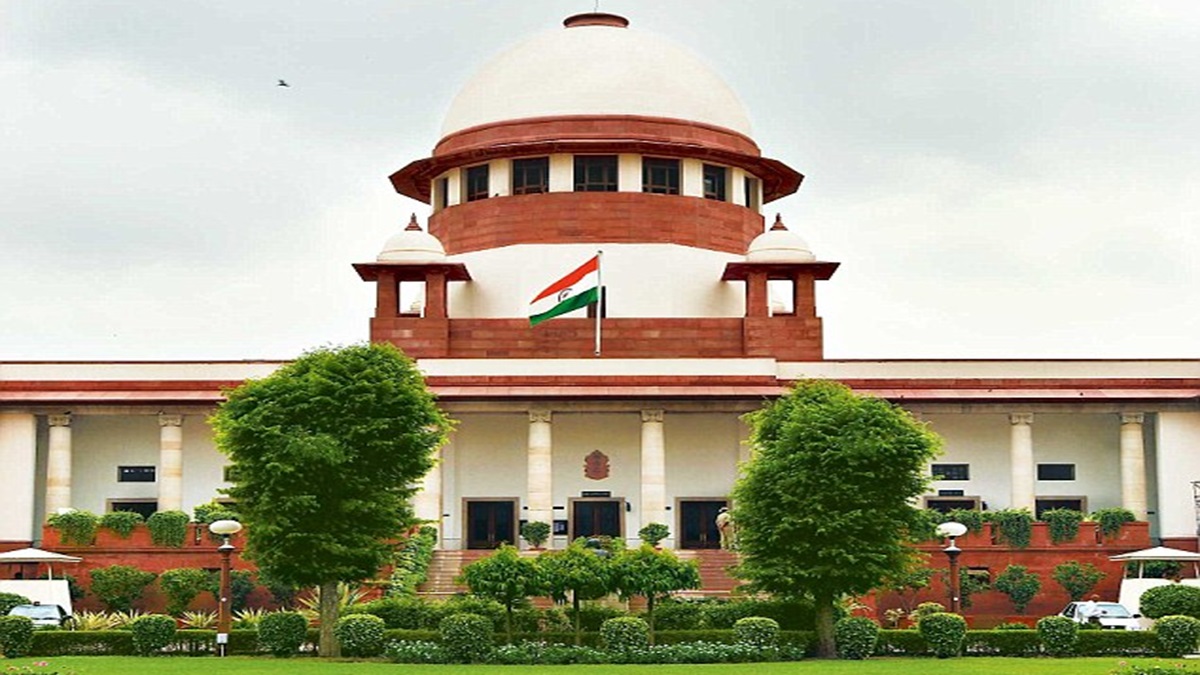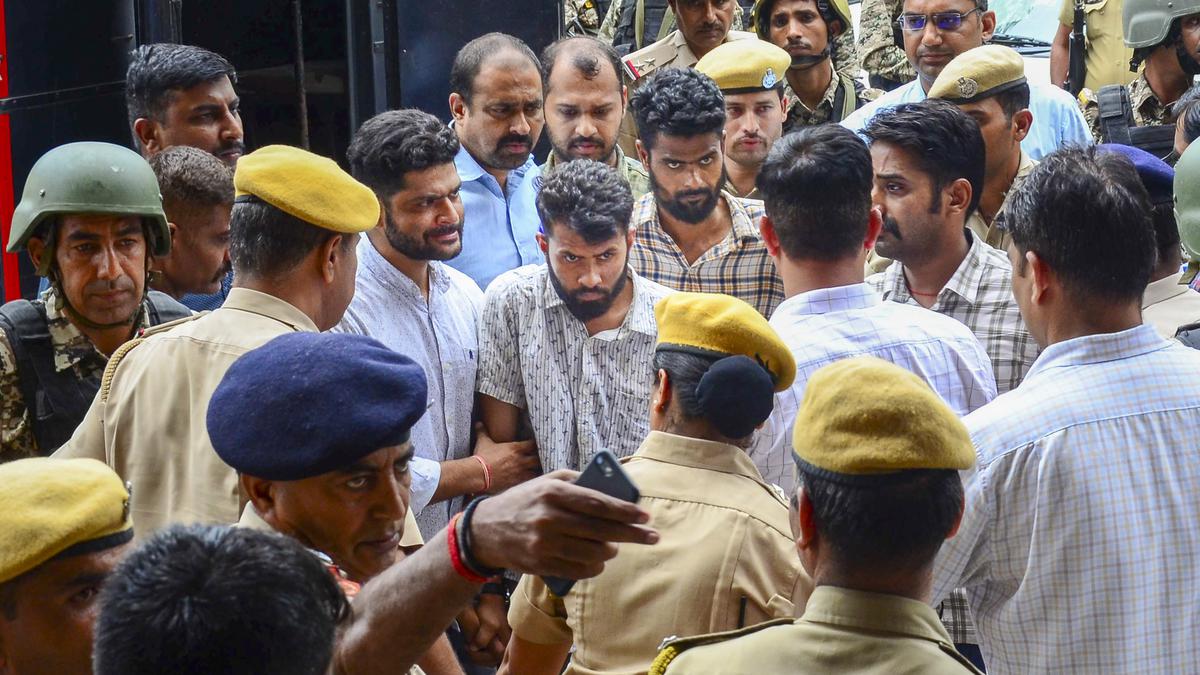
Explained | The functioning of the National Investigation Agency
The HinduThe story so far: The National Investigation Agency has taken over the probe into the June 28 killing of tailor Kanhaiyya Lal in Rajasthan's Udaipur over a social media post supporting suspended Bharatiya Janata Party leader Nupur Sharma. The list includes the Explosive Substances Act, Atomic Energy Act, Unlawful Activities Act, Anti-Hijacking Act, Suppression of Unlawful Acts against Safety of Civil Aviation Act, SAARC Convention Act, Suppression of Unlawful Acts Against Safety of Maritime Navigation and Fixed Platforms on Continental Shelf Act, Weapons of Mass Destruction and their Delivery Systems Act and relevant offences under the Indian Penal Code, Arms Act and the Information Technology Act. The law under which the agency operates extends to the whole of India and also applies to Indian citizens outside the country; persons in the service of the government wherever they are posted; persons on ships and aircraft registered in India wherever they may be; persons who commit a scheduled offence beyond India against the Indian citizen or affecting the interest of India. As provided under Section 6 of the Act, State governments can refer the cases pertaining to the scheduled offences registered at any police station to the Central government for NIA investigation. Where the Central government finds that a scheduled offence has been committed at any place outside India to which this Act extends, it can also direct the NIA to register the case and take up investigation.
History of this topic

NIA Can Investigate Unscheduled Offences Connected With Scheduled Offences : Supreme Court
Live Law
Karnataka: NIA conducting searches at 16 locations in Praveen Nettaru murder case
New Indian Express
Udaipur tailor Kanhaiya Lal murder accused Mohammed Javed granted bail
Live Mint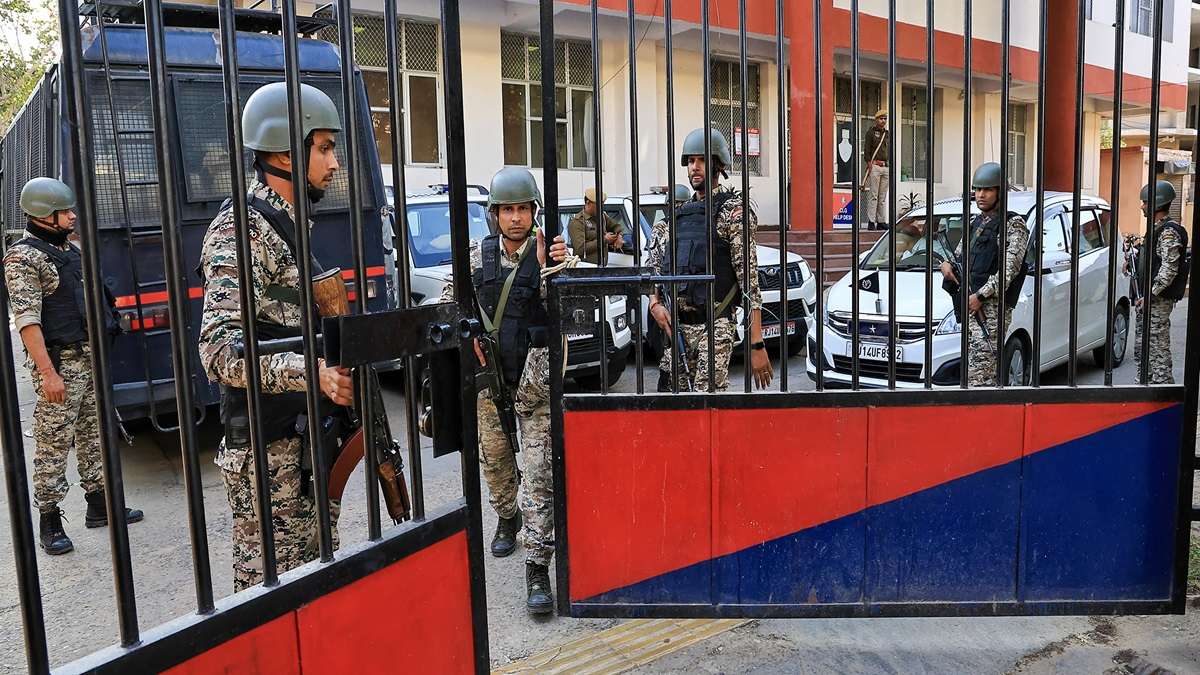
NIA arrests key suspect in Karni Sena chief Sukhdev Singh Gogamedi's murder after raids at over 30 locations
India TV News
Ashok Gehlot alleges ’BJP-connection’ in Udaipur tailor’s murder
Live Mint)
NIA to probe last month’s attack on Indian High Commission in London
Firstpost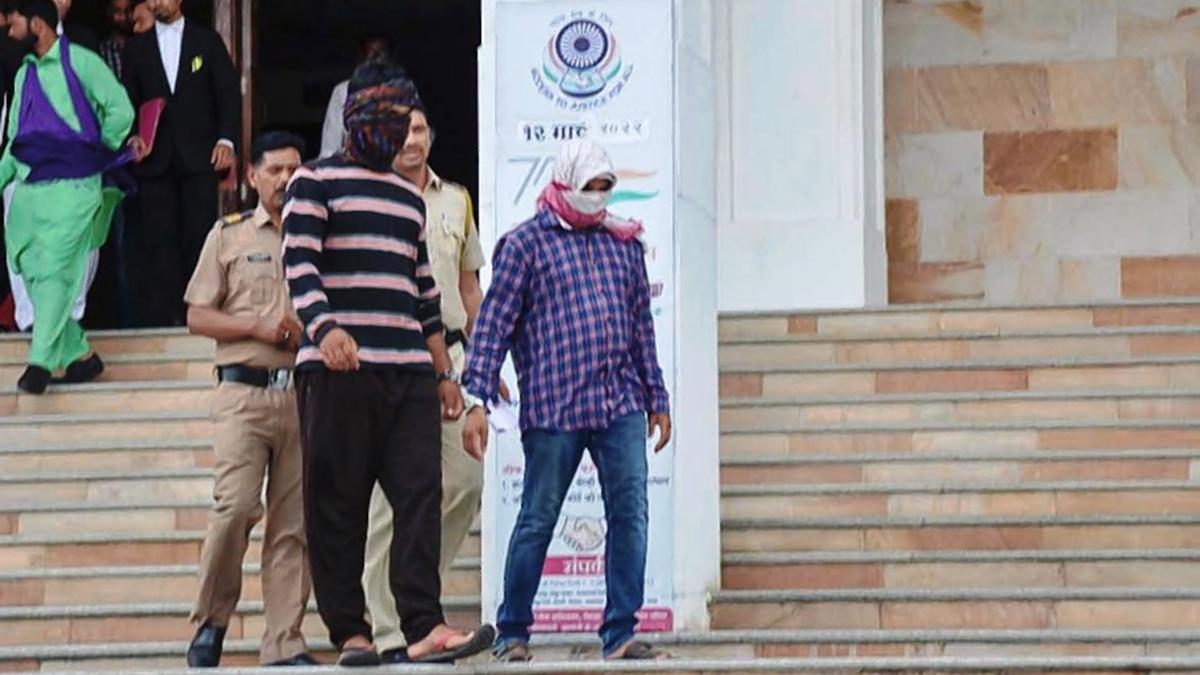
NIA arrests two more in murder of pharmacist Umesh Kolhe
The Hindu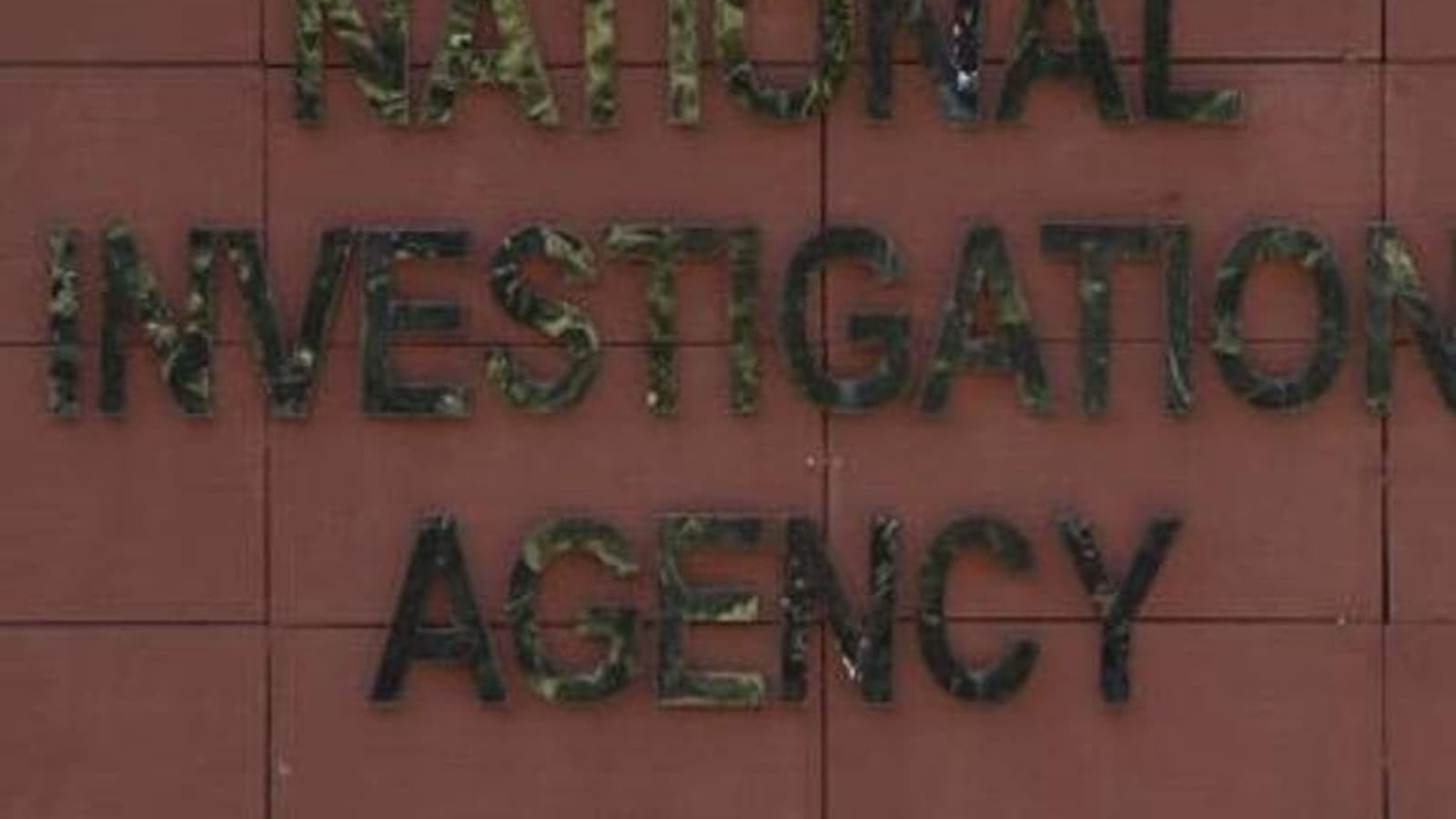
Eighth accused in Udaipur tailor Kanhaiya Lal’s murder held: NIA
Hindustan Times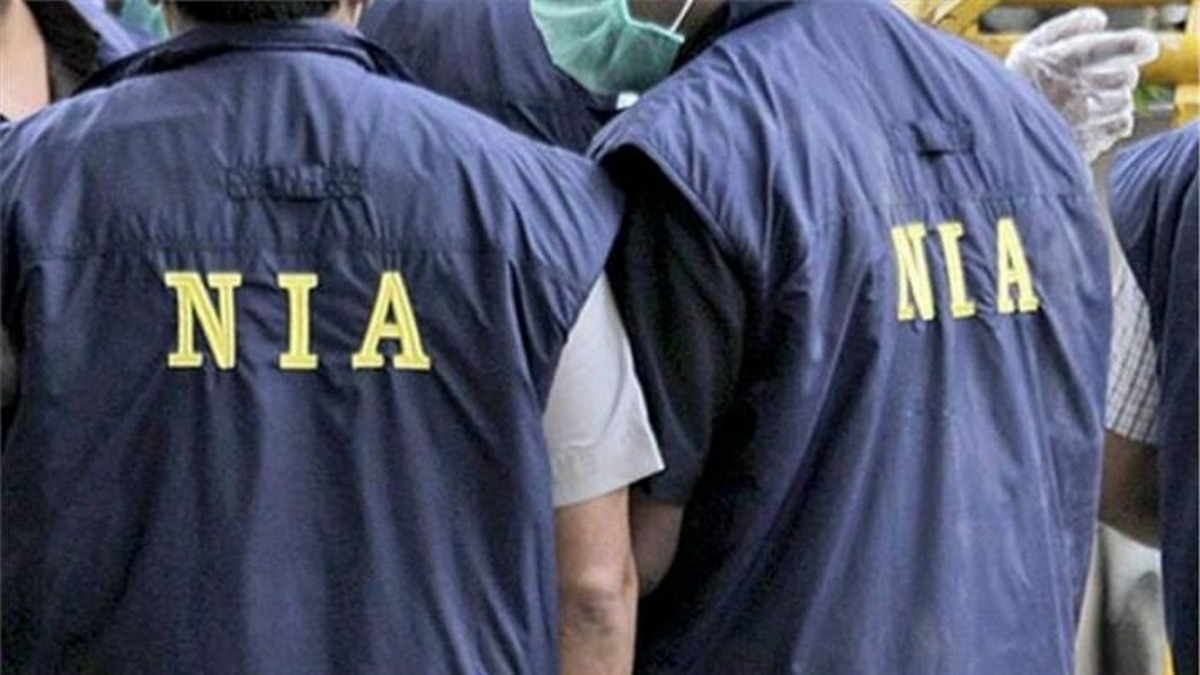
Udaipur killing: NIA arrests eighth person in tailor's murder case
India TV News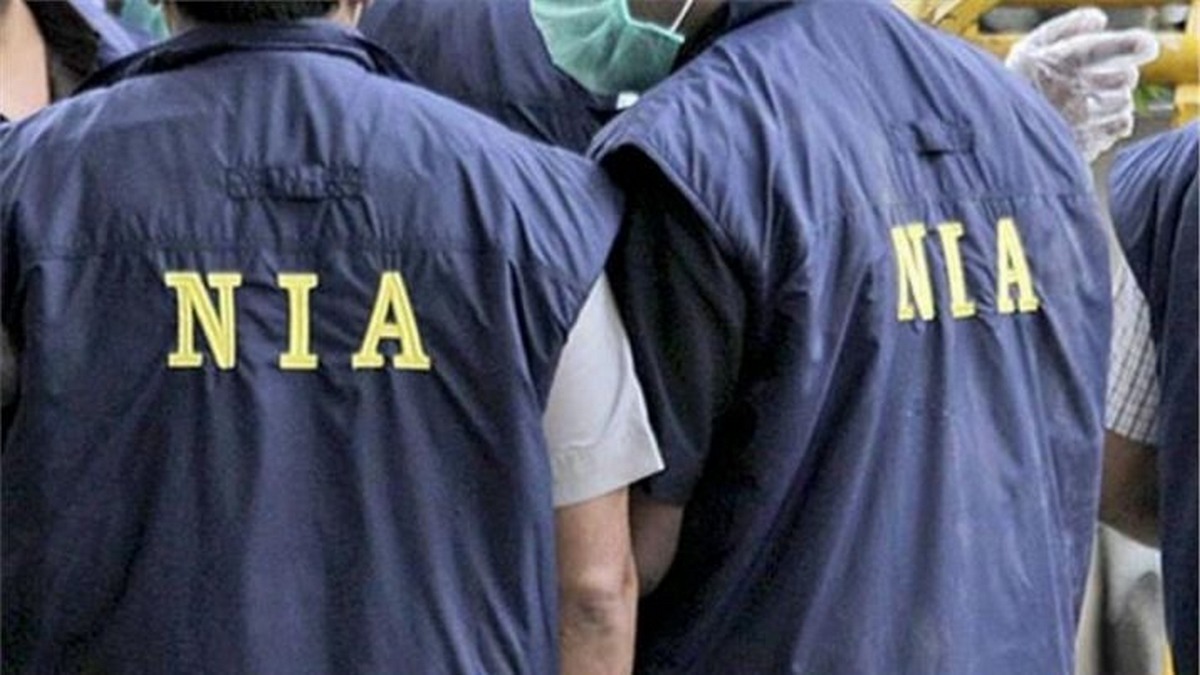
Udaipur beheading: NIA searches multiple locations in Rajasthan
India TV News
Udaipur murder case: NIA makes seventh arrest, section 144 revoked. Read here
Live Mint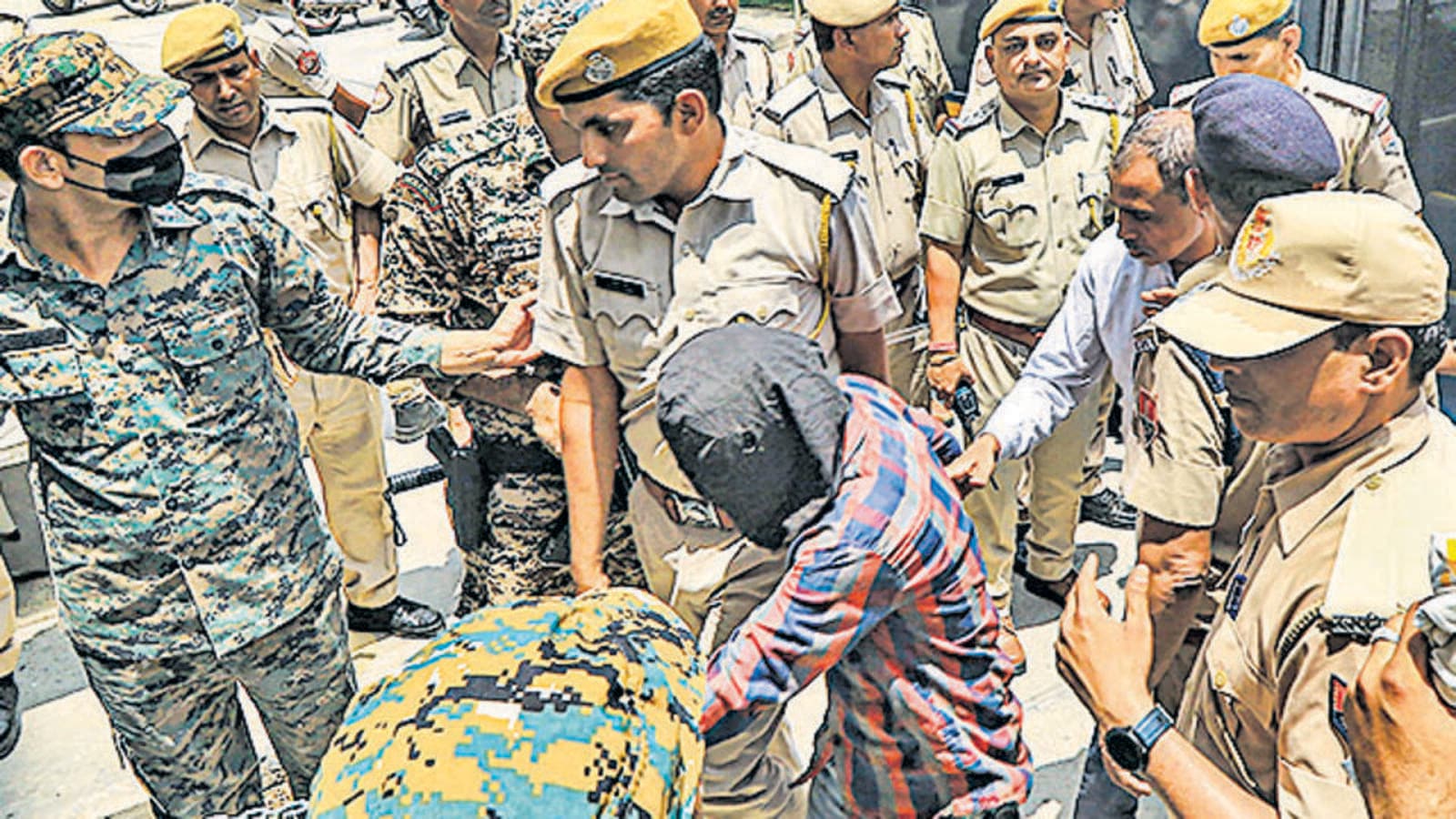
NIA makes seventh arrest in killing of Udaipur tailor
Hindustan Times
Udaipur murder case: NIA arrests 7th person
Live Mint
Kolhe killing: NIA searches multiple locations in Maharashtra
The Hindu)
NIA chief meets Amit Shah over Udaipur, Amravati killings
Firstpost
Amravati killing | Fadnavis promises probe into theft angle, mastermind sent to 7-day cop custody
Hindustan Times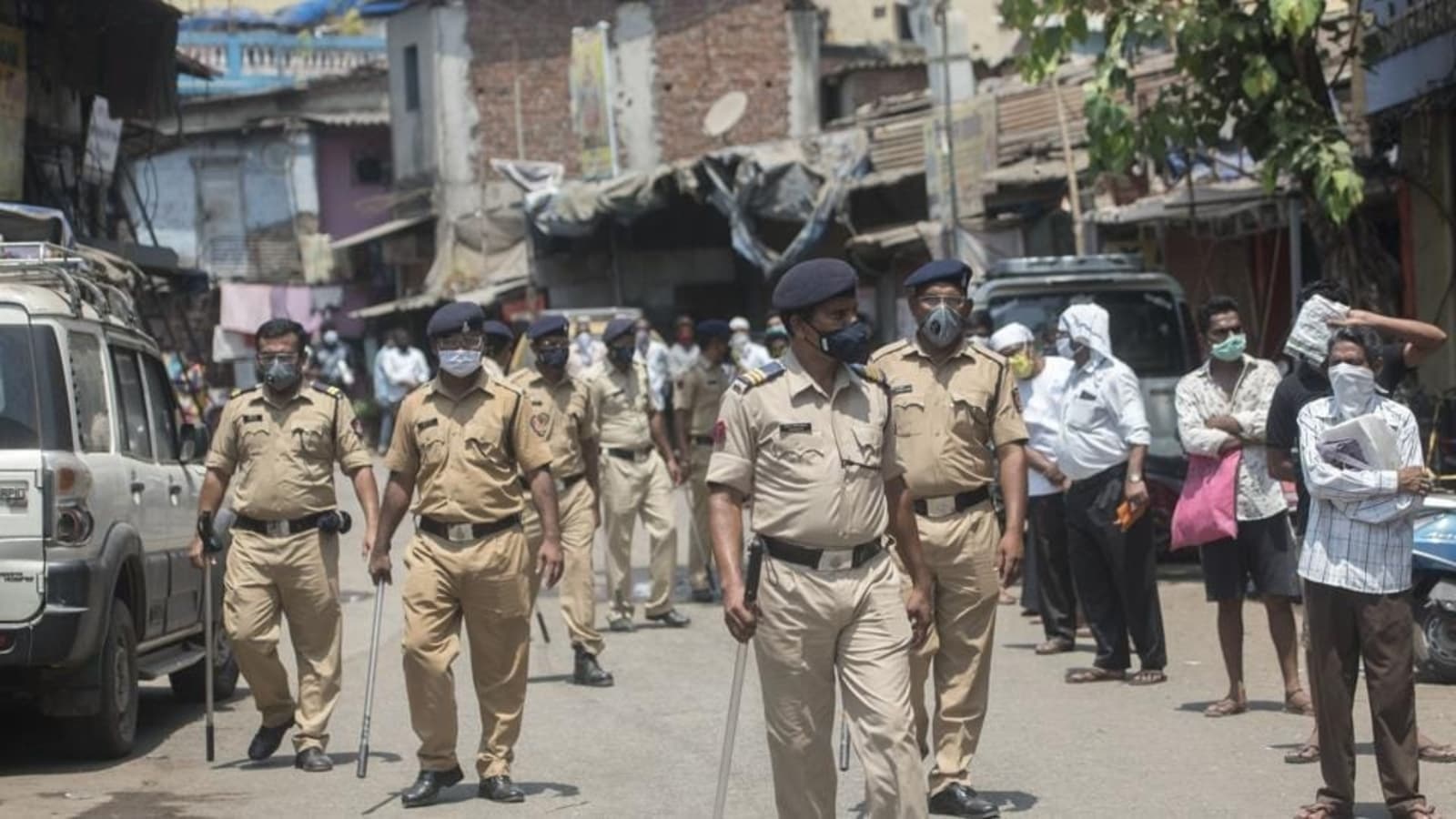
In Amravati chemist's murder, family seeks fast-track trial
Hindustan Times
News18 Evening Digest: Udaipur Murder Accused Admitted They Had BJP Leaders on Their Radar and Other Stories
News 18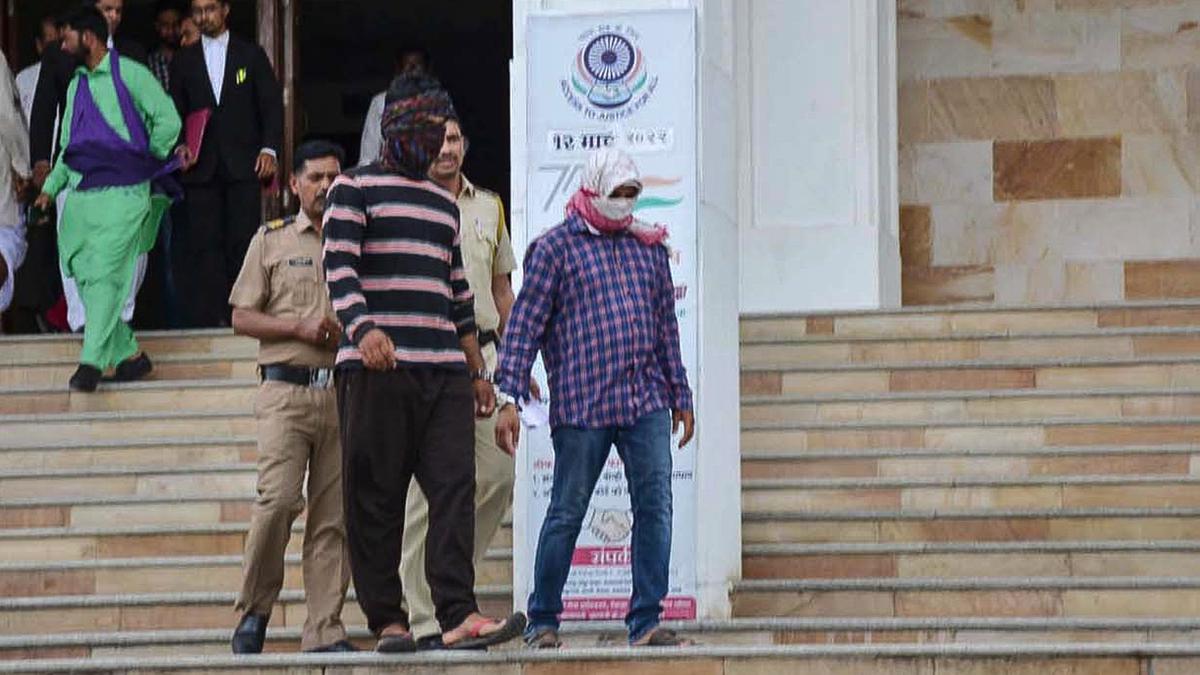
After Udaipur case, NIA to take up probe into Amravati killing
The Hindu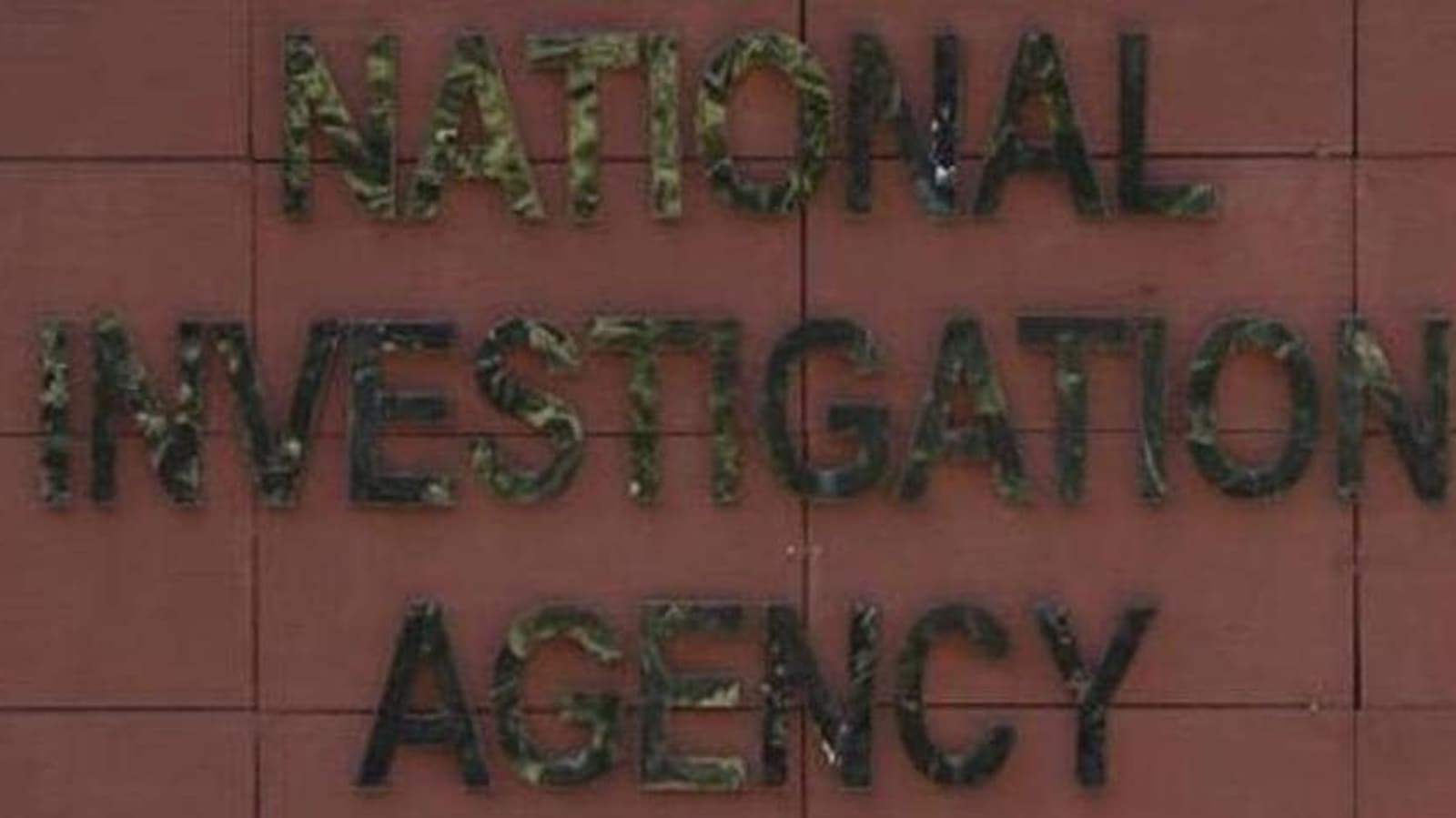
NIA to take over probe into killing of medical store owner in Maha’s Amravati
Hindustan Times
After Udaipur, another murder in Maharashtra over post on Nupur Sharma; NIA to probe case
India Today
NIA to Link Udaipur Incident to Recent Killings in Maharashtra, Gujarat: Sources Tell News18
News 18
NIA Examining If Amravati Murder Was Hate Killing, Likely to Take Over
News 18
Udaipur beheading case transferred to NIA after court's order
India Today
Udaipur Killings | National Investigation Authority Re-Registers Case Against Two Accused
Live Law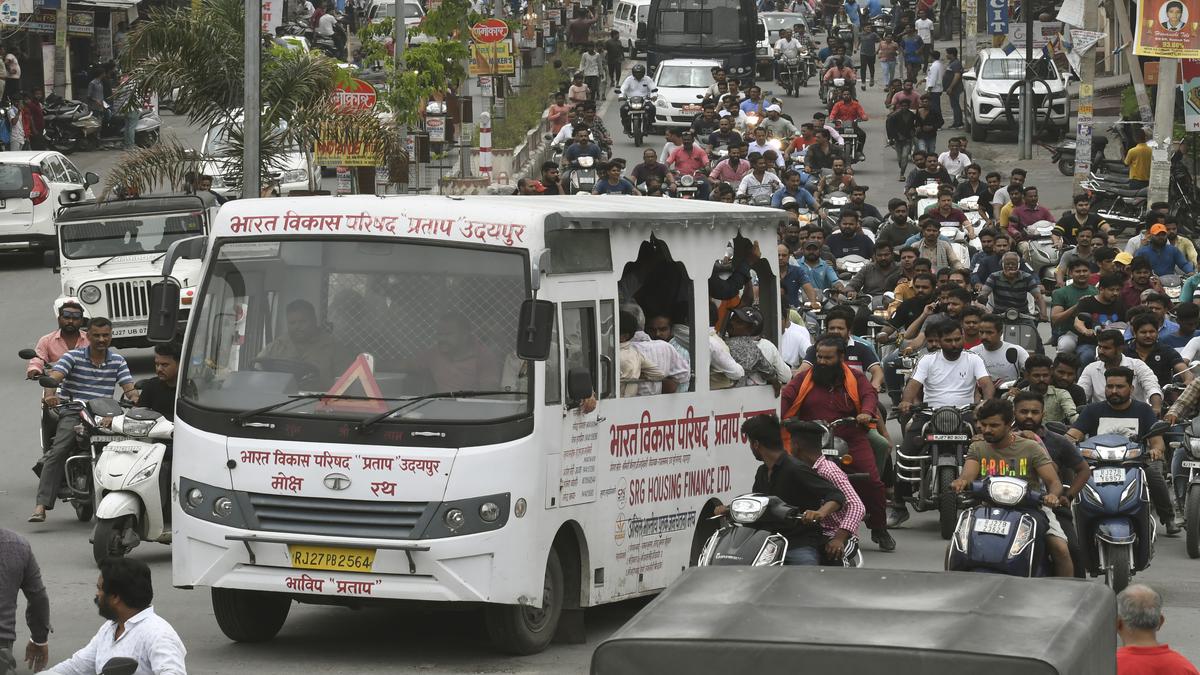
Udaipur tailor murder | Initial probe finds Pakistan link
The Hindu)
Udaipur killing: NIA registers FIR under UAPA, says attack clip circulated to 'trigger panic, strike terror in country'
Firstpost
Udaipur tailor murder | NIA registers UAPA case, says accused wanted to ‘strike terror among masses’
The Hindu)
Udaipur tailor murder: MHA directs NIA to take over investigation of Kanhaiya Lal's 'brutal' killing
Firstpost
NIA files chargesheet in murder of Dera member by Khalistan Tiger Force operatives
India Today
Top RAW, IB gumshoes in Srinagar, NIA quizzes scores over target killings
Deccan Chronicle)
NIA Arrests 2 KLF Terrorists in Murder Case of Shaurya Chakra Awardee in Punjab
News 18Discover Related











